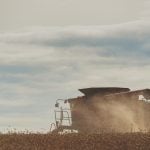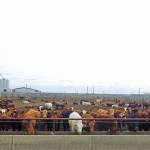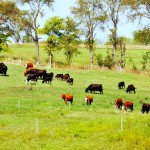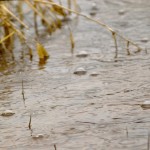Don’t keep big, fat cattle around because it could increase animal welfare problems. Animal welfare icon Temple Grandin has recently been sounding alarms about more lameness in beef cattle and part of that is related to heavier weights and genetics. “There are certain genetic lines of beef cattle that are repeating a mistake the pig […] Read more












